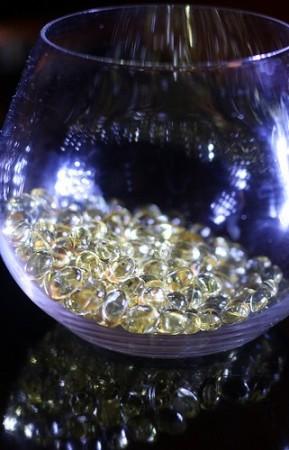
A deficiency of vitamin D in childhood can increase the risk of heart disease in adulthood, latest research out on Tuesday shows.
For the study, Dr Markus Juonala and colleagues from the University of Turku in Finland looked at nearly 2,148 people, aged between 30 and 45, enrolled in the Cardiovascular Risk in Young Finns Study. Ultrasound technology was used to measure carotid intima-media thickness (IMT) in the participants.
Stored serum samples collected from the participants between ages three and 18 were tested for determining levels of vitamin D at childhood (3-18). Results showed a direct link between low level of vitamin D (25-OH) in childhood and development of increased carotid intima-media thickness (IMT) or thickening of the innermost layers of the artery wall, a well-known factor which can increase the risk of atherosclerosis.
Atherosclerosis occurs when build-up of fatty deposits increases thickness of artery walls, narrows or damages its elasticity and affects proper blood flow. This medical condition can increase the risk of heart disease, strokes, heart failure, blood clots, high blood pressure and renal failure.
"Our results showed an association between low 25-OH vitamin D levels in childhood and increased occurrence of subclinical atherosclerosis in adulthood," author of the study, Dr Juonala, MD, said in a news release provided by Endocrine Society.
Citing the importance of vitamin D in good health, the authors recommended parents to provide their children a diet rich in vitamin D. "Our observations highlight the importance of providing children with a diet that includes sufficient vitamin D," Juonala added later.
The study has been reported in the Journal of Clinical Endocrinology & Metabolism.
Sunlight, oily fish, egg yolks, cheese, beef liver, mushrooms are some natural sources of vitamin D. A deficiency of vitamin D can cause rickets in kids and osteomalacia (bone-softening diseases) in adults.
Previous research examining the importance of vitamin D has linked its insufficiency to depression, early death and brain strokes.

















